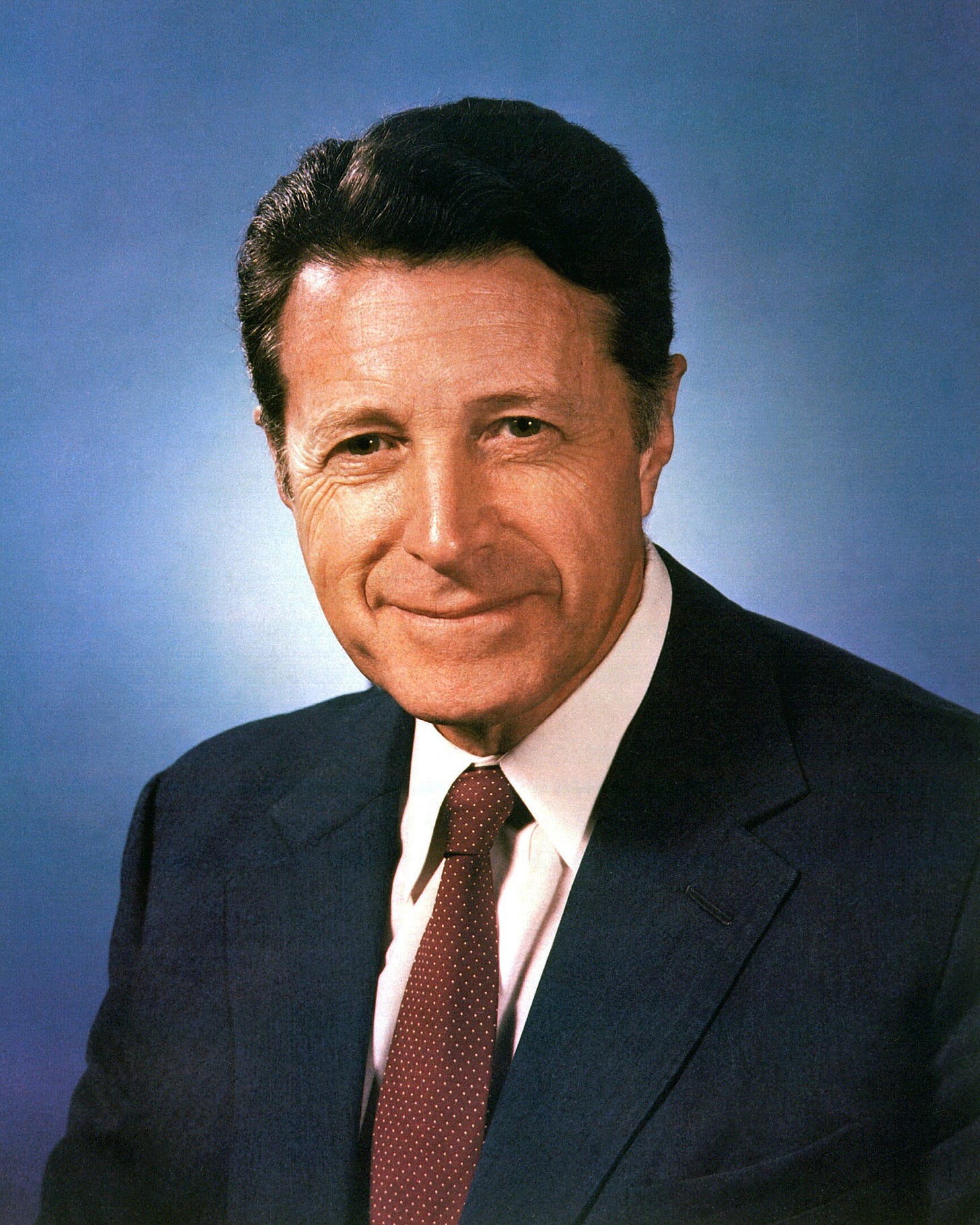I had planned to write about something different, such as the new age-restricted social media ban in Australia, but ... duty calls.
The cast of misfits assembled by Donald Trump to serve in his staff and cabinet has ascended to a whole ’nother level of absurdity. Meanwhile, President Biden has announced he will be pardoning his son Hunter after promising not to. First things first.
The near-absolute power of a U.S. president to issue pardons is troublesome. Some experts think the constitution actually allows a crooked president to pardon himself on the way to his successor’s inauguration, though these experts quickly add that it would be a really bad idea to do so.
Here is a handy list of controversial pardons issued by presidents dating back to the 18th century. Some of them I was aware of: George H.W. Bush granted pardons to six felons in the Iran Contra scandal.

On his first full day in office, Jimmy Carter, as promised, pardoned approximately 10,000 Vietnam War draft resisters. Sen. Barry Goldwater called Carter’s act “the most disgraceful thing that a President has ever done.” Thankfully for Sen. Goldwater, he wasn’t around when Trump pardoned four Blackwater contractors who in 2007 had massacred unarmed Iraqi civilians, including innocent women and children.
President Gerald Ford issued to his predecessor Richard Nixon a “full, free and absolute pardon” after Nixon had resigned during the Watergate scandal. Ford took a lot of heat for issuing the pardon, which had no doubt been negotiated with Nixon in advance in exchange for his quiet resignation. Some blame the pardon for Ford’s loss two months later to Carter.
There were two others that had escaped my notice: On Christmas Day 1868, President Andrew Johnson granted to ex-Confederates a “full pardon and amnesty” for treason to “every person who directly or indirectly participated in the late insurrection or rebellion.”
In 1795 and over Treasury Secretary Alexander Hamilton’s objections, President George Washington issued the first pardon order, granting clemency to two Pennsylvania men sentenced to hang for treason for participating in the violent Whiskey Rebellion.
It’s not particularly shocking that a president has pardoned a relative, but Biden had pledged not to overrule a jury’s finding that Hunter had violated gun and tax laws. For a comprehensive list of the occasions when Biden and his staff insisted he would not pardon Hunter, click here. All of the firm denials, of course, happened before the Nov. 8 elections.
“This is a bad precedent that could be abused by later presidents and will sadly tarnish his reputation,” Colorado’s Democratic Gov. Jared Polis wrote in a post on X. He added that while he could sympathize with Hunter Biden’s struggles, “no one is above the law, not a President and not a President’s son.”
Well duh. But if Biden hadn’t made promises to the contrary, a good argument could be made that a pardon for Hunter was justified, especially when you consider that Kash Patel, Trump’s dreadful and embattled pick for FBI director, has insisted for years that he was going to prosecute Hunter, the president’s only surviving son, for other crimes as well (real or imagined).
Much of the pushback from Democrats has focused on the number of friends and relatives Trump himself has pardoned:
If “what about Trump” is your best defense, then you have lost the battle. Comparing the ethics of almost anyone in public life to Trump’s is to lower the bar. Biden is a lifetime government hack, but he wouldn’t pardon a bunch of insurrectionists who tried to change the result of a presidential election, as Trump has promised he will do. We rightfully hold Biden (and anyone non-MAGA) to a higher standard. Are Biden’s defenders saying we shouldn’t?
Biden’s legacy will be tainted by the decision to pardon a relative, but he is hardly the first president to do so. Most recently, Trump himself pardoned the loathsome Charles Kushner, the father of Trump’s son-in-law Jared Kushner (more on the Kushners later). Bill Clinton pardoned his brother Roger for cocaine-possession and drug-trafficking convictions.
The worst pardon Clinton issued concerned Marc Rich, the so-called “fugitive financier” indicted in the U.S. for tax evasion, wire fraud, racketeering, and signing oil deals with Iran during the Iran hostage crisis in defiance of U.S. sanctions. At the time, it was the biggest tax evasion case in U.S. history. Rather than defend himself, Rich simply fled to Switzerland and never returned to the United States.
Turns out, Rich’s ex-wife Denise had made large donations to the Democratic Party and the Clinton Library. The pardon, recommended to Clinton by then-Deputy Attorney General Eric Holder, provoked outrage because not only Rich had failed to show any remorse, but he was still a fugitive from justice.
Kushner’s pardon is perhaps the most repellent. Kushner, the father-in-law of Trump’s daughter Ivanka, was pardoned by Trump in December 2020 after pleading guilty years earlier to tax evasion and making illegal campaign donations. Per CBS News:
Prosecutors alleged that after Charles Kushner discovered his brother-in-law was cooperating with federal authorities in an investigation, he hatched a scheme for revenge and intimidation.
Kushner hired a prostitute to lure his brother-in-law, then arranged to have the encounter in a New Jersey motel room recorded with a hidden camera and the recording sent to his own sister, the man’s wife, prosecutors said.
Chris Christie, the U.S. attorney for New Jersey at the time and later governor … has called Charles Kushner’s offenses “one of the most loathsome, disgusting crimes that I prosecuted when I was U.S. attorney.”

So four years later, what does Trump do? He names crooked Charles ambassador to France.
But it may be that when all is said and done, few people will even remember the Hunter pardon because the drama of Trump’s cabinet and staff picks just keeps on boiling over. The Hunter pardon serves as nothing more than a brief interruption.






